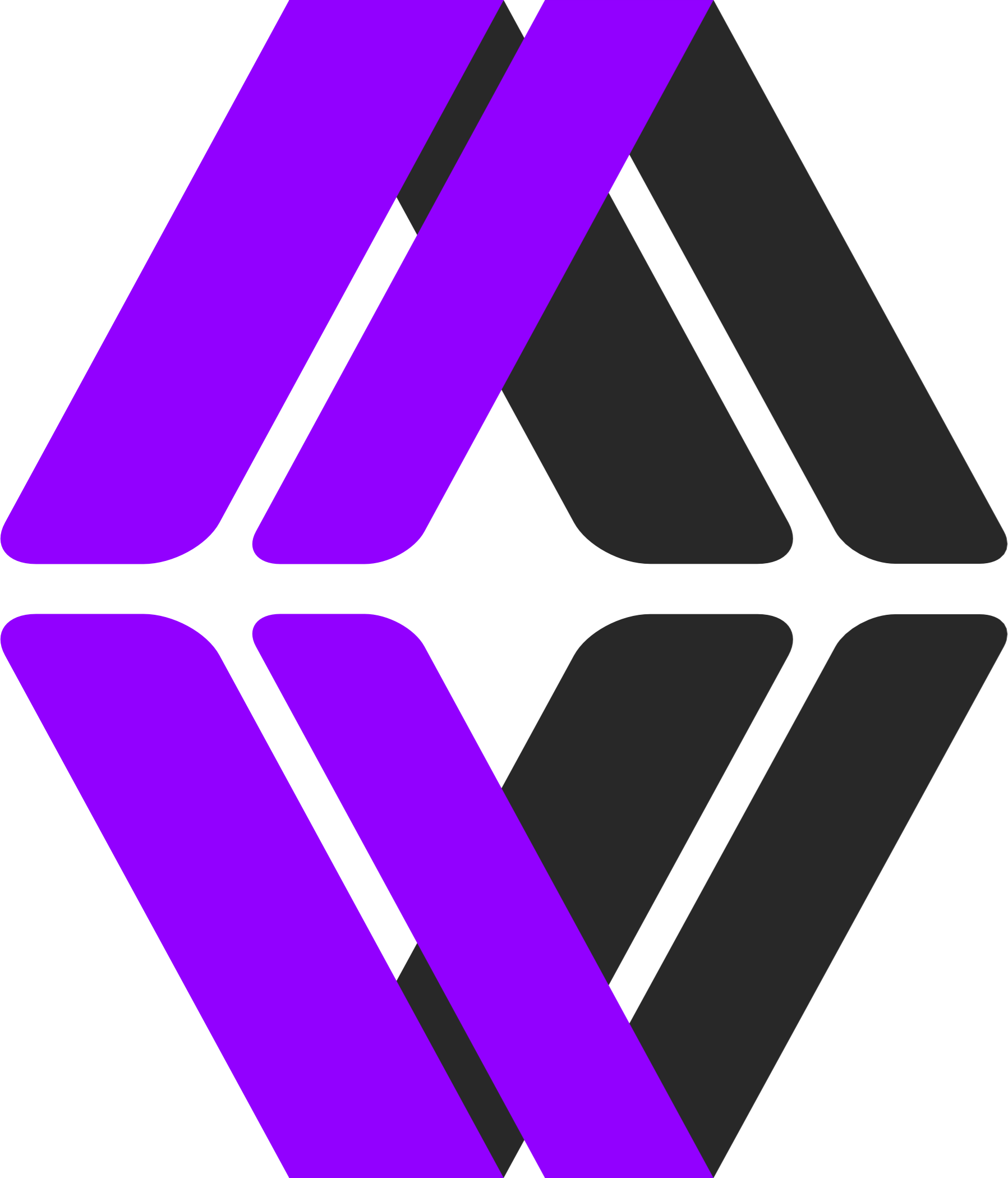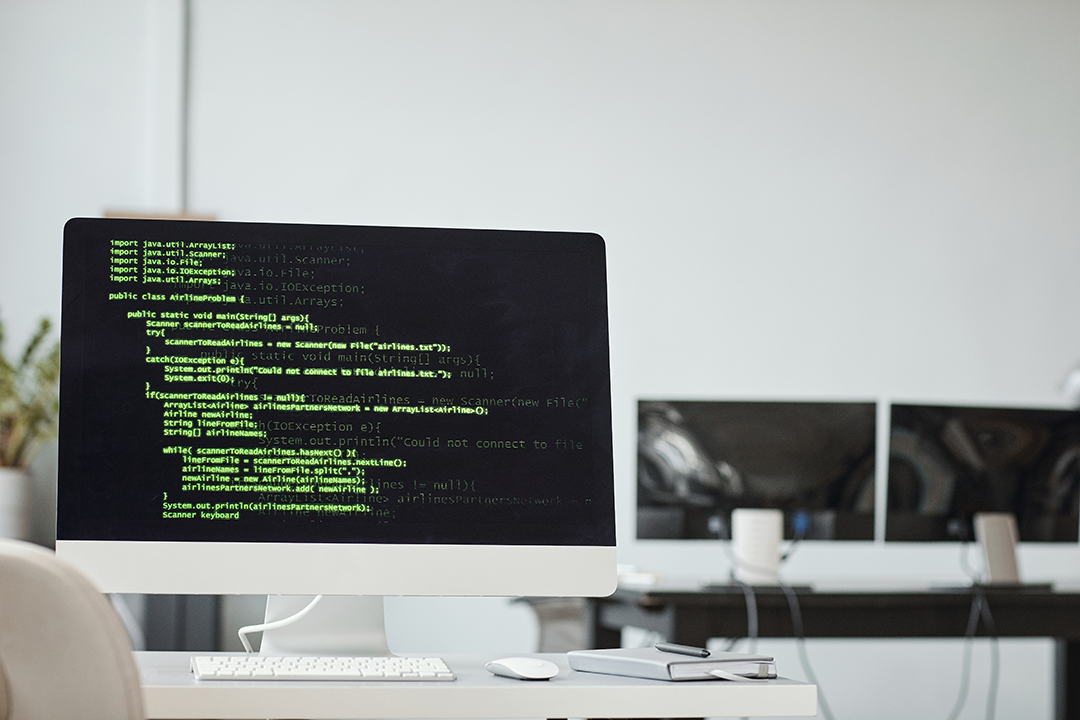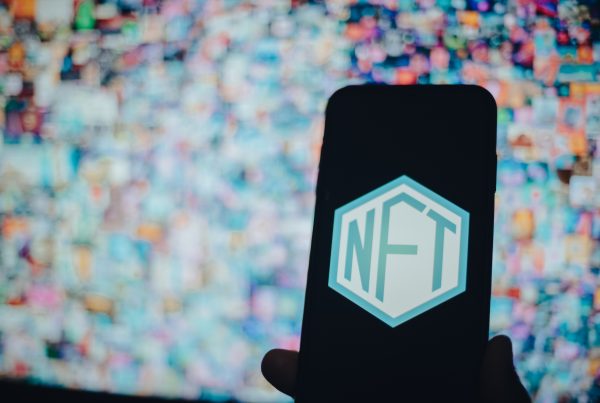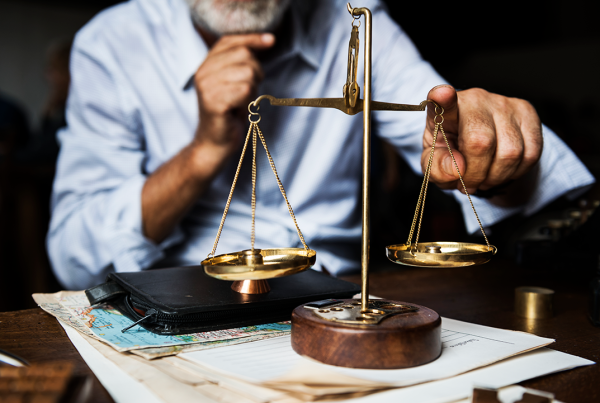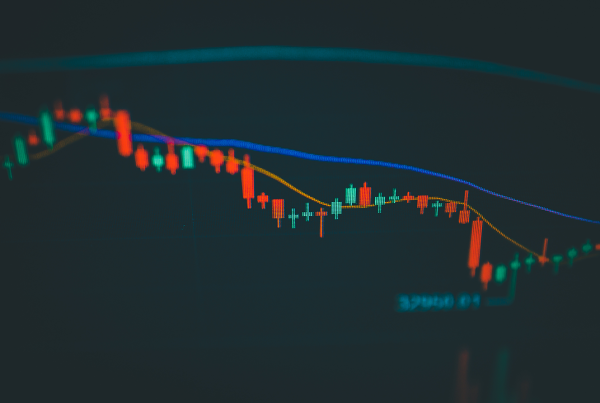A DAO is a decentralized autonomous organization. It’s an entity that exists entirely on the internet and has no physical presence but can still make decisions and carry out actions. The concept of a DAO was originally proposed by computer scientist Dr. Ian Goldberg in 1994. Though it wasn’t until 2009 when technology had advanced enough to make the concept feasible.

How does a DAO operate differently than a normal company?
A DAO does not have any human managers, it does not have any owners, and it does not have any board of directors. Instead, there are rules encoded into the blockchain that govern how the organization operates. This includes how money is moved around and how decisions are made. These rules can be changed if enough people agree to change them using voting mechanisms built into the codebase. Every transaction in a DAO can be viewed as an expression of consensus among its members about what should happen next.
The Benefits of Being a DAO are:
1) Transparency: All operations within the DAO are fully visible and accessible to anyone who wishes to check them. This provides many advantages over traditional organizations, where only some information about how things work is available to outsiders.
2) Immutability: Once data has been written into the blockchain, it cannot be changed or deleted in any way. This makes it an excellent choice for storing information that must not be tampered with, such as financial transactions or legal documents.
3) Cost Efficiency: Because there are no humans involved in running the DAO, it does not require expensive salaries or office space for employees. Its costs are very low compared with those of traditional organizations, which often have high operating expenses due to the need
The cons of being a DAO are:
1) Decisiveness: It can be hard to make decisions if there are many different opinions.
2) Security: It’s extremely risky because you’re giving up control over your property and money.
3) Timeliness: It’s hard to make decisions with a lot of people. There can be a lot of time wasted on voting or finding consensus among the users of the DAO.
The Most Popular DAOs Today Include:
DAOstack — a platform for building decentralized organization. The platform has a wide range of applications including governance of crypto projects, financing and fundraising, managing social media communities and more.
Maker — a stablecoin project built on Ethereum. This platform allows anyone to collateralize their crypto into a loan for stablecoins. Maker also operates as an autonomous system that issues out loans without any intervention from humans or centralized authorities.
Aragon — an Ethereum-based project that helps users set up their own organizations using smart contracts and blockchain technology. Aragon offers tools to allow you to manage your company’s finances without having to pay high fees like traditional companies do when using banks or other financial institutions.
How do you get involved or work for a DAO?
In order to join a DAO, you will need to have a wallet on the blockchain that supports it. For example, if you want to join the MakerDAO (MKR) governance structure, you must hold MKR tokens. By holding the token you get voting rights within the MakerDAO platform. The same is true for Aragon Network Tokens (ANT) and other projects.
Once you have your token(s), you can then vote on proposals by using your tokens in an upcoming decision.
From my personal experience to work for a DAO the best way to start joining meetings that they have. I’ve been in several DAO meetings that they are always asking for someone to volunteer to complete some tasks and they are always willing to give a new person a chance on helping the protocol. You can also check out sites like DeWork where people post bounties to complete tasks, though I think being a member of that community before jumping into bounties is a plus.
What was the DAO hack on Ethereum?
On June 17th 2016, an unidentified hacker managed to steal $50 million worth of ETH from The DAO. After several weeks of deliberation, the Ethereum community decided to execute a hard fork. This would return all stolen funds back to their original owners and cancel out the hack. This decision resulted in a split in the Ethereum community as well as causing a significant drop in price for ETH from around $20/ETH down to around $5/ETH at its lowest point. The chain that returned the stolen funds is the current chain of ETH. The chain that did not return the funds is now ETH Classic.
What is the future of DAOs?
I think that DAOs are poised to become a prevailing force in the future elements of online collaboration and decision-making. They can provide an ironclad level of transparency and trust that is unrivaled by today’s conventional approaches to business. We should expect their value and significance to grow beyond even Vitalik Buterin’s most ambitious imaginations.
